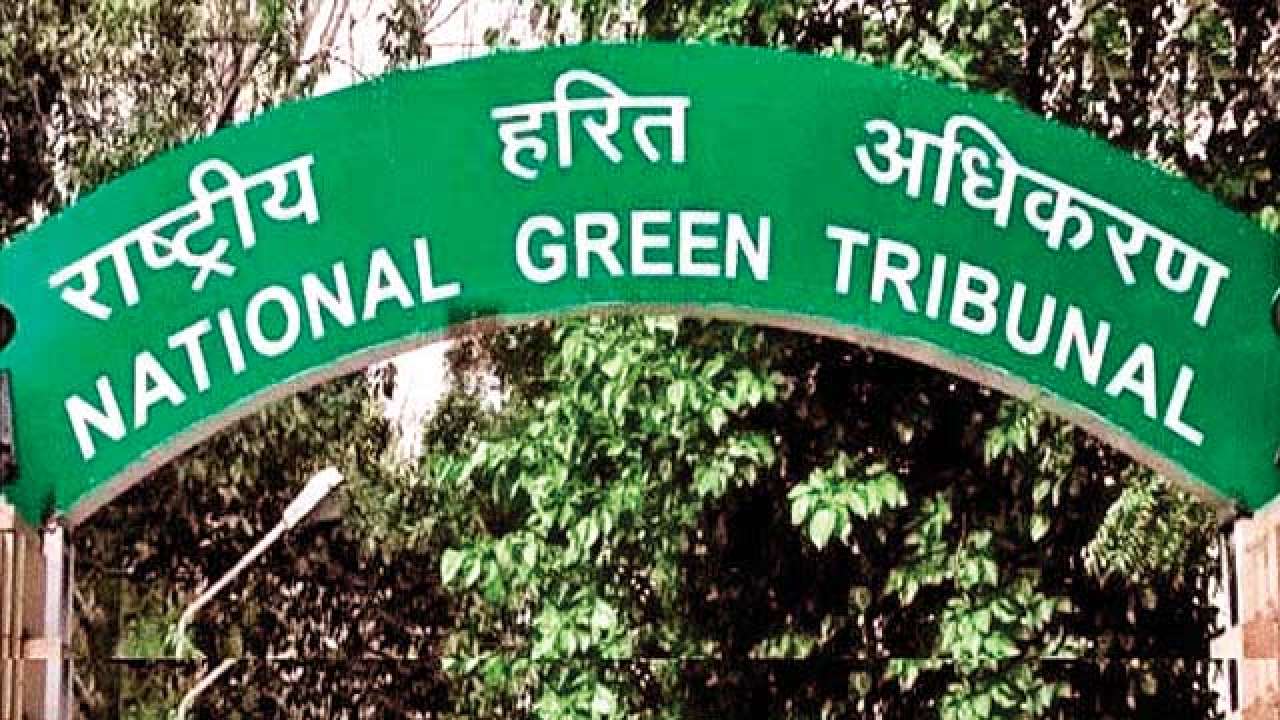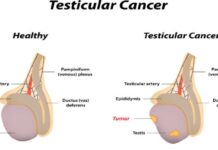NEW DELHI: Observing that citizens have a fundamental right to breathe clean air, the National Green Tribunal said on Tuesday there is a need to develop a system, with the help of experts, to forecast situations of public health emergency.
The tribunal said there are three well-acknowledged sources of air pollution — stubble burning, municipal and industrial waste burning, and dust — yet the authorities have failed to prevent these.
A bench headed by NGT Chairperson Justice Adarsh Kumar Goel said a study can be carried out with the help of experts in this field who can tell in advance that the situation will be bad, and action can be taken accordingly.
“The problem is that in spite of identification of the problem, it still remains. Suppose the problem of air pollution cannot be tackled. We have experts who can predict about the situation and can tell people in advance so that do not panic. There are senior citizens, infants who are worst sufferers,” the bench said.
The tribunal suggested that people can be communicated about health emergency through public broadcasters like Doordarshan.
The NGT said there is a dire need to educate people on the issue of crop residue burning and self-help groups comprising five to ten people from the government can be constituted for the purpose.
The suggestion came after a senior official from the Ministry of Environment and Forests told the bench that letters have been sent to Haryana, Punjab and Uttar Pradesh asking them to control stubble burning and meetings have been held at the level of secretaries.
The official said in order to reduce incidence of stubble burning, the ministry has distributed 50,000 machines for in-situ management of crop residue. She told the tribunal that more than 40 per cent of air pollution is caused by crop residue burning while almost 60 per cent comes from burning of waste and dust emissions.
The ministry told the tribunal that it has taken a comprehensive view of the matter and as a result, the number of “good” days, when the air quality was found to be satisfactory, has increased from 108 to 175.
The NGT was also informed by the ministry that Bharat Stage IV vehicles have been introduced and it intends bring in to Bharat Stage VI by 2020. The bench was apprised that steps have been taken to strengthen public transport system and 3,000 electric buses have been put on roads.
The tribunal was deliberating on the issue of air pollution in Delhi-NCR.
Delhi Chief Secretary Vijay Kumar Dev, a senior official from the Ministry of Environment and Forests, the member-secretary of Central Pollution Control Board (CPCB) and the chairman of the Delhi Pollution Control Committee were present during the proceedings. PTI







